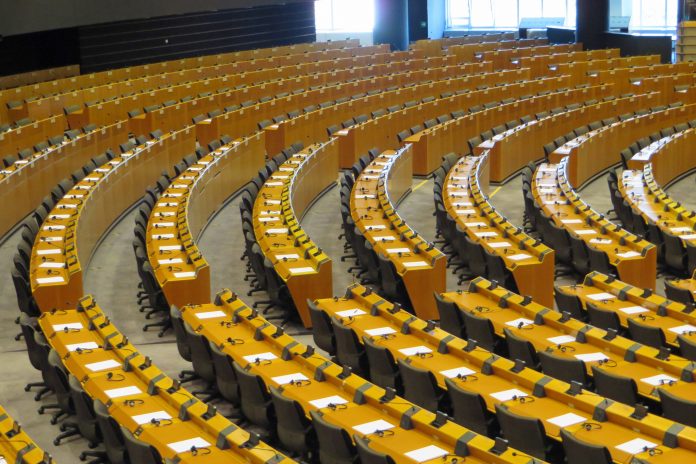MEPs assess the European Commission annual reports on subsidiarity and proportionality for the 2017-2019 period and its better law making tools.
In a draft report adopted on Thursday with 22 votes in favour, one against and two abstentions, MEPs highlight the importance of national parliaments’ involvement from the early stages EU decision-making and the use of their subsidiarity and proportionality rights. The report also encourages the Commission to evaluate the effectiveness and address the weaknesses of the subsidiarity procedure.
The role of national parliaments in EU law making
EU Treaties provide for the responsibility of national parliaments to examine all proposals, as well as to scrutinise compliance with the principle of subsidiarity and proportionality. While the Commission annual reports reveal that reasoned opinions from national parliaments between 2017 and 2019 have steadily decreased, MEPs note that their overall number submitted to the Commission and contributions to the Parliament remains consistently high, demonstrating a positive and forward looking engagement. The report welcomes the recommendations of the Task Force on subsidiarity and proportionality and on “doing less more efficiently”, and asks for the implementation of their conclusions , namely involving local and regional authorities fully in consultations and assessing both principles more consistently by all levels of government, based on a “model grid”.
Increasing citizens’ participation
The draft report also calls on the Commission to do more to bring Europe closer to its citizens, and points out that engaging their elected representatives in EU matters proves very effective. MEPs consider that the Conference on the Future of Europe will provide an excellent opportunity for citizens to communicate on the real impact of legislation and to make suggestions on how to achieve Better Law Making goals and reassess the subsidiarity principle. MEPs also encourage the Commission and national authorities to continue cooperating to evaluate the real impact of EU legislation on citizens, businesses and the environment. The draft report calls for a revision of the Treaty on the Functioning of the EU to introduce a direct right of legislative initiative for the (directly elected) Parliament. MEPs regret that the “efficiency of the institution’s decision-making process” is routinely invoked to refuse public access to documents, which risks becoming the de facto rule. They welcome the establishment of the ‘Have Your Say’ web portal, and ask for further tools that enable the direct involvement of citizens and stakeholders.
Better Law Making tools and modernised EU legislation
The draft report welcomes the use of better law making tools, such as the regulatory fitness and performance programme (REFIT) and the Regulatory Scrutiny Board, but calls for their simplification and enhancement. MEPs welcome the establishment of the Fit for Future platform (F4F), which advises the Commission on how to make EU legislation more efficient and sustainable. MEPs highlight the role of the European Parliamentary Research Service, which provides for ex-ante impact assessments and European added value analysis of proposals, as well as implementation appraisal. MEPs take note of the “one in one out principle”, which aims to offset newly introduced principles by relieving equivalent burdens at EU level, and recall that this approach should not hamper the objectives of good regulation, nor lead to mechanical decisions or lower EU standards. National parliaments should also be able to adopt more ambitious measures, and social, environmental and consumer protection standards in cases where only minimum standards are defined by EU law.
The principles of subsidiarity and proportionality, laid down in Article 5 of the Treaty of the European Union, govern the exercise of the EU’s competences. The Commission has received 52 reasoned opinions from national parliaments on the principle of subsidiarity in 2017, 37 in 2018 and none in 2019 (which was the year of the European election).

